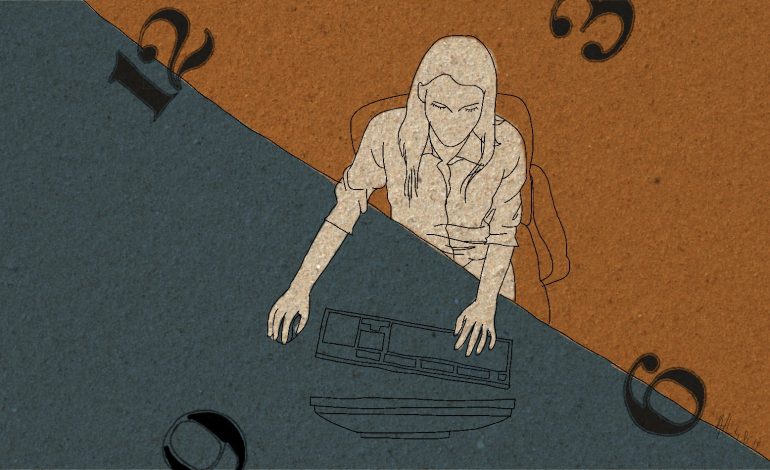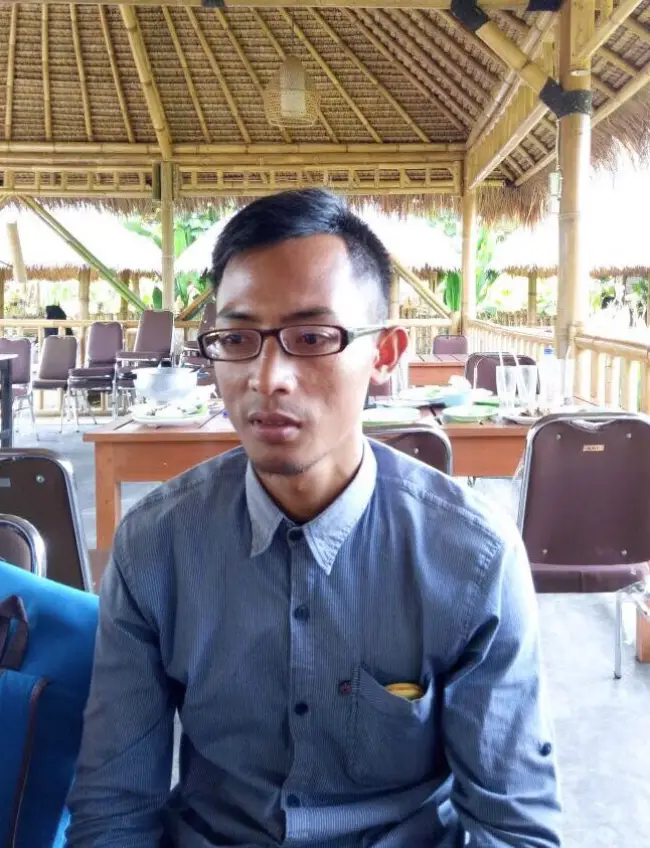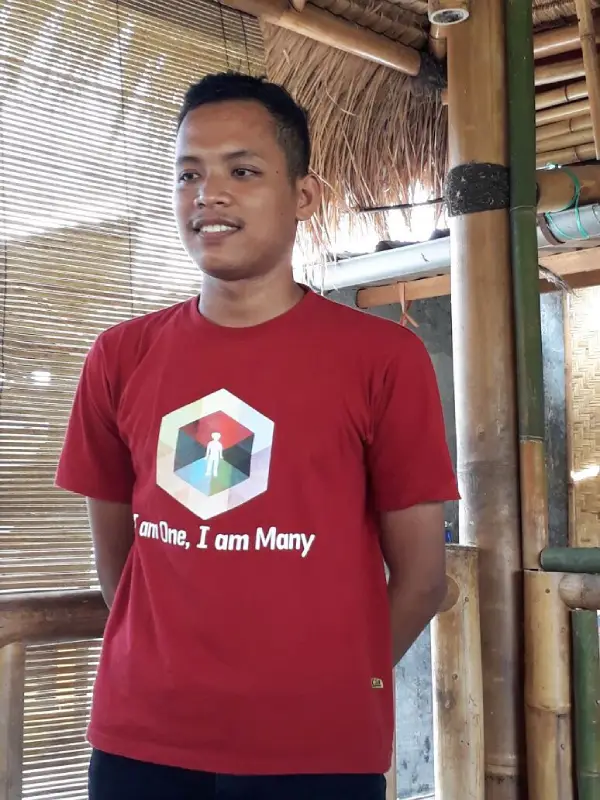Media and Creative Industry Neglect Workers’ Mental Health


Low wage, heavy work load and high stress – these are enough to cause a mental strain to workers in the media and creative industry. Still, mental health remains neglected by companies and the government, thanks to stigmas attached to the problem.
This topic was one of the highlights of “Work Life Balance” festival in Menteng, Central Jakarta, a two-day event on January 27 and 28 conducted by Serikat Pekerja Media dan Industri Kreatif Untuk Demokrasi (SINDIKASI). It was held in commemoration of the National Health and Safety Work (K3) month.
Advocacy Division Coordinator of SINDIKASI Nur Aini said that mental health is an issue that still hasn’t received much attention from the media and creative companies.
“Many media workers experience excessive workload. They end up stressed and depressed and the company did nothing about it. Some of them would try to resign, but the company threaten to withhold their salary,” said Nur during a discussion.
The stigmas surrounding mental illness has worsened the situation.
“Scientifically, mental illness fall into the same category of diseases such as diabetes or asthma,” said Rama Giovani, a psychiatrist from Sehatmental.id. “But people often see depression as something humiliating, a weakness. It’s actually a disease that can be treated.”
Rama said education on mental health was necessary so that people would be aware, and so those who suffer from it could get treatment.
Danika Nursalita, the Coordinator of Yayasan Pulih Clinic, expressed her concern on women workers’ vulnerability to sexual harassment in the workplace.
“Women workers are even more burdened with sexual harassment, and that can lead to depression. They usually don’t speak up or report the case, mainly because they feel embarrassed and afraid they might lose their jobs,” said Danika.
She said that every worker has her or his own problems, but “it’s important to talk it out as part of a relief.”
“If you don’t feel like talking to your relatives or friends, then you should go seek a professional, get to a counseling,” she suggested.

Mental health disorders in the workplace is a part of occupational diseases if it can be proven, as stated in International Labour Organization’s (ILO) List of Occupational Diseases released in 2010.
Maulana Anshari Siregar, Junior Development Program Manager of the National Health Care Security (BPJS) Employment, said that the country currently awaits a Presidential Regulation update on occupational diseases to replace the 1993 Presidential Decree No. 22 on Disease Arising due to Employment Relations.
“We must push the government to list mental health as an occupational disease, so companies can implement the regulation,” said Maulana.
In addition to mental health issues, SINDIKASI also highlights the rights for women workers, specifically the importance of lactation room for breastfeeding working mothers in the workplace.
Paula Prawira, Lang Lasalle Indonesia’s Head of Human Resource, recalled how she successfully advocated an affordable lactation room at her office in the 19th floor of one of Jakarta’s high-rises. Providing a lactation room can empower working moms, giving them a safe and comfortable space to breastfeed during working hours.
“A research shows that companies that support nursing mothers in the office will get more benefits, and, in our case, we did,” said Paula. “Our Return of Investment has increased by building a safe, comfortable, hygiene, and affordable lactation room for working moms.”
However not many companies are open to this initiative, presuming it would take a lot of space and would be expensive, said Paula.
Faradhiba Tenrilemba, the Secretary-General of Indonesian Breastfeeding Mothers’ Association, said companies that don’t provide lactation room could get sanctions.
“Article 200 of the Health Law No. 26/2009 states that if a company forbids a working mother from breastfeeding, it has to pay Rp 300 million in fine or face a three-years jail time,” said Faradhiba.
In addition to discussion panels, the festival also showcased some photographs and posters entitled “Reclaiming Sanity”, promoting mental health awareness of media and creative workers, and showing the struggle of working in the industry. The festival also presented live music and art performances by Bentara Bhumi, Ramayana Soul, Zigi Zaga, Circa Rama, Adrian Yunan, Red Clover, Westjamnation, and Jason Ranti.

Find out how a youth group in West Nusa Tenggara celebrates diversity while fighting religious radicalism and follow @bunnnicula on Twitter.






















